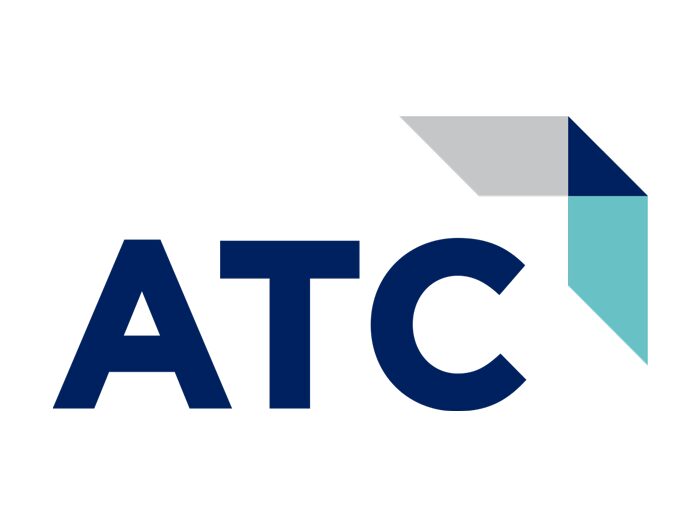
(This article, written by ATC Co-Founder and Managing Partner, David Goodwin, was recently published by the Goering Center, which is affiliated with the University of Cincinnati and the University of Cincinnati’s Carl H. Lindner College of Business. The Goering Center’s mission is to nurture and educate family and private businesses to drive a vibrant economy.)
First, let’s lay a little groundwork. On a business level, three important benefits of the cloud stand out to support a move to unified communications as a service (UCaas):
- The software as a service (SaaS) model is proven: Most businesses are already using cloud-based software applications more than they think, with common examples being Salesforce for customer relationship management (CRM) or hosted email. The scale, reliability, and performance of the SaaS model have reached the point where communications platforms can effectively be hosted, even for real-time modes such as voice. This trend will continue as costs keep declining and as private cloud adoption increases.
- Improved agility: Full-scale unified communications (UC) is far more complex than voice over internet protocol (VoIP), and the do-more-with-less mantra that most IT departments face is only going to continue. Not only does IT have to juggle shifting priorities, but securing new budgets is getting harder, especially for capital expenditure initiatives. Despite all this, agility has become a corporate mantra, as businesses must be more responsive, not just for customer satisfaction, but also for adapting to changing requirements. For employees to make the business more agile, business processes must flow smoothly and communication needs to be seamless. Both of these requirements are well-served by UC, but its complex nature poses a challenge to IT departments and has been a barrier to adoption.
- Employee productivity: The third key benefit that cloud-based unified communications provides is speed and ease of deployment. Not only does UCaaS make life easier for IT, but the business becomes more agile as employees now have the tools to work more productively.
By nature, UCaaS providers are focused on keeping their offerings current, something an IT department would be hard-pressed to do if going with premises-based UC. On a business level, the cloud provides ongoing value by enabling productivity with the latest applications at all times.
Read the full article here.










